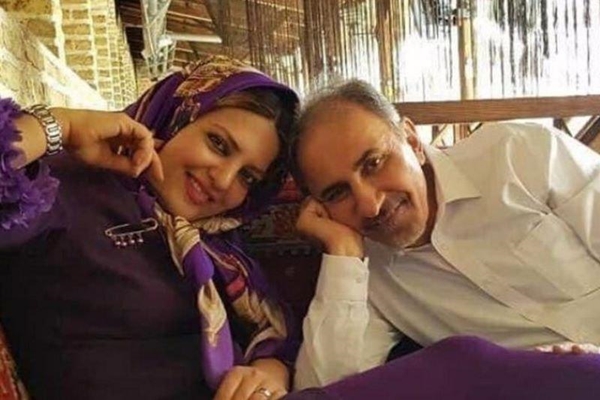Najafi’s lawyer confirmed his release, saying that the court has allowed him to get out of jail on bail because of his health conditions and following the pardon which was announced on August 14 by the deceased wife’s brother.
The senior politician should still serve some years in prison despite the pardon, but the duration of his new term will be decided in an upcoming court session.
Mitra Ostad, the second wife of Najafi, was murdered at her home in Tehran on May 28. The Police found Ostad’s body with several gunshots in her chest.
Back on July 30, Najafi was sentenced to death for the crime, after the court arrived at the definite conclusion that a deliberate murder had happened and “issued a Qisas [retaliation in kind] verdict”, meaning capital punishment for Najafi.
The former Tehran mayor was also sentenced to two years in prison for illegally carrying a weapon.
Based on Iran’s Islamic penal law, if a person has intentionally murdered or maimed another person, the victim (or victim’s family) is entitled to retribution (an “eye for an eye” in the case of personal injury or a life for a life in the case of murder).
However, the victim (victim’s family) can forgive the perpetrator and have the punishment not carried out. If so, the perpetrator must pay blood money (diyya) to compensate for the injury/death.
Ostad’s brother, however, said they have chosen not to receive any money from Najafi in return for the forgiveness.
A graduate of the Massachusetts Institute of Technology (MIT), 67-year-old Najafi was elected mayor of Tehran in August 2017, but resigned in April 2018, citing failing health.
Affiliated with the reformist political faction, he used to serve as the minister of education and the minister of science in various administrations.
He also took the helm at Iran’s Cultural Heritage, Handicrafts and Tourism Organization (ICHTO) during President Hassan Rouhani’s first term, but resigned after six months.
